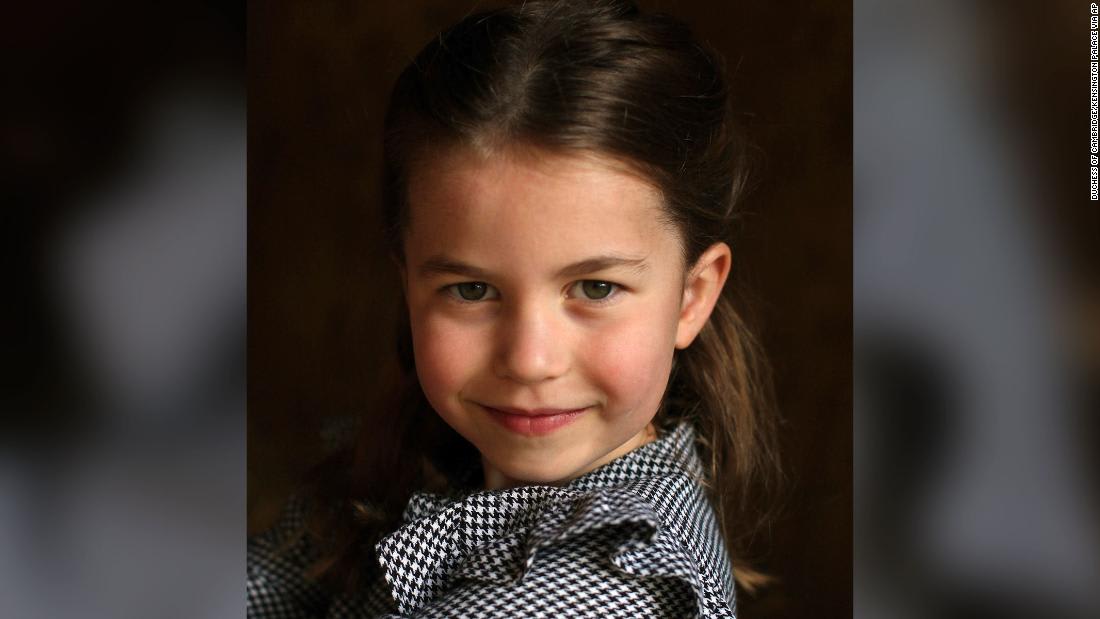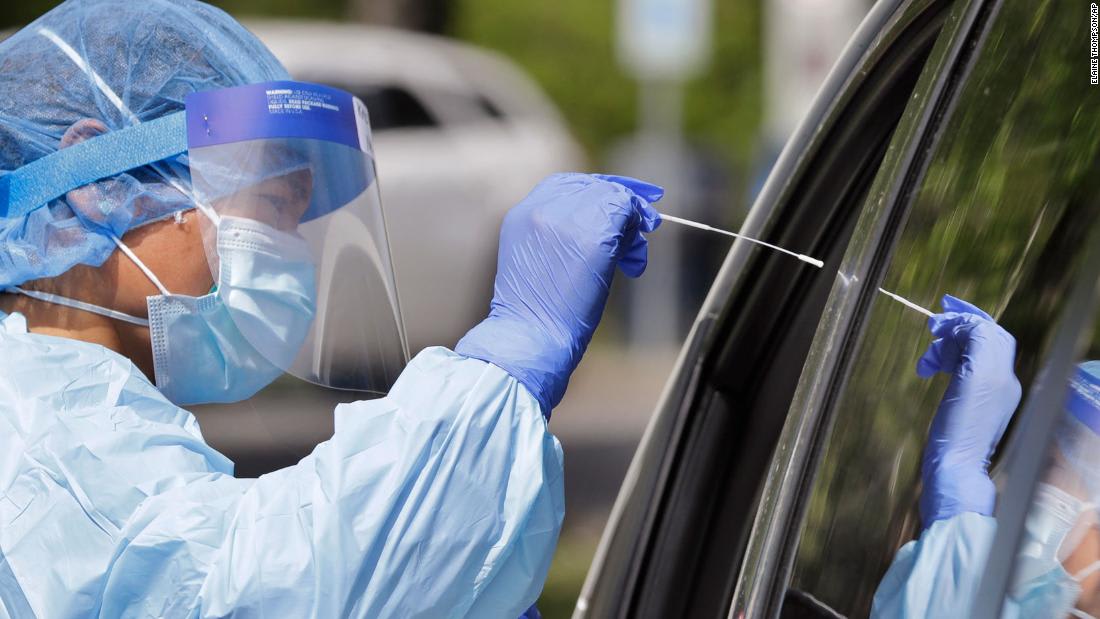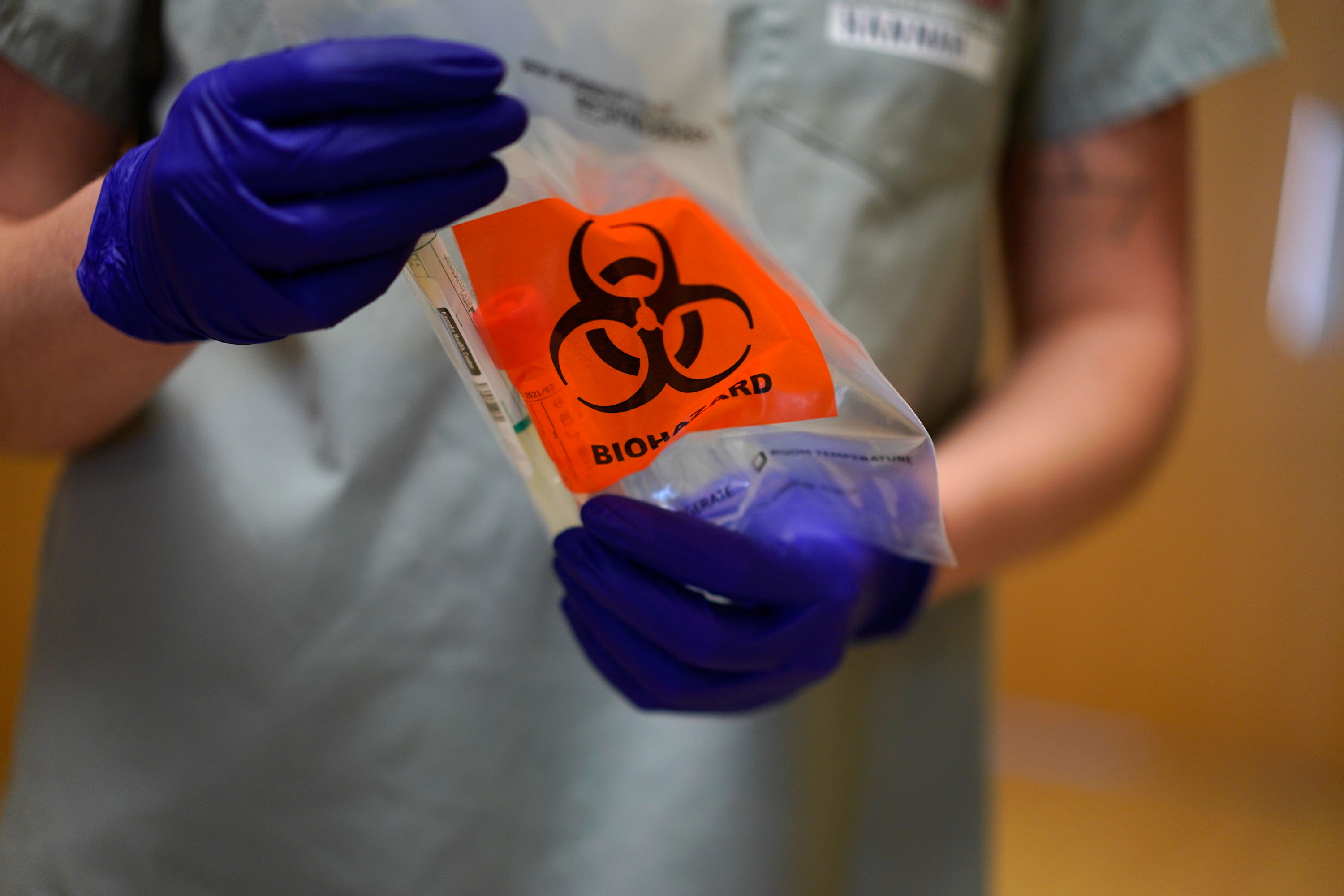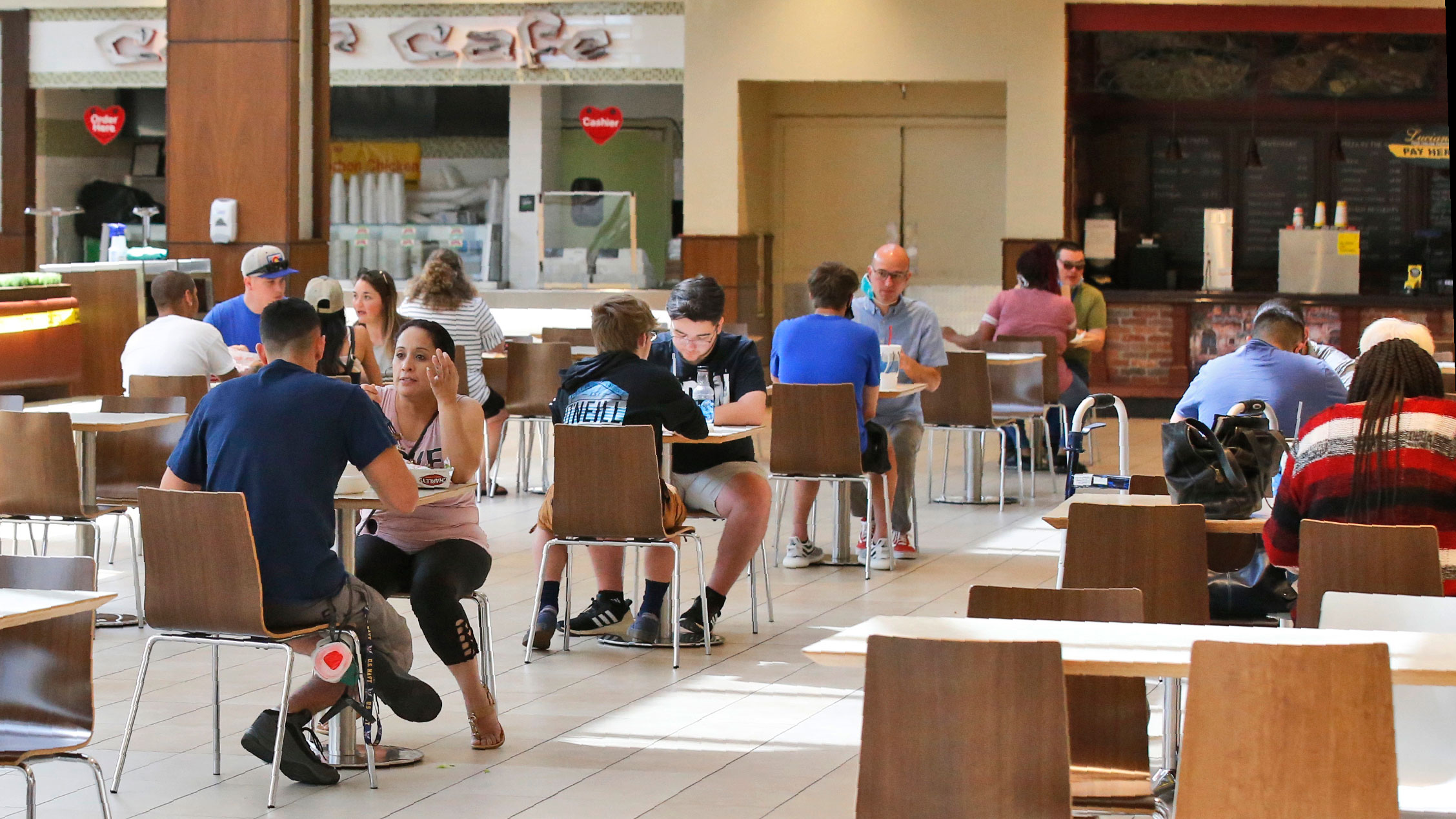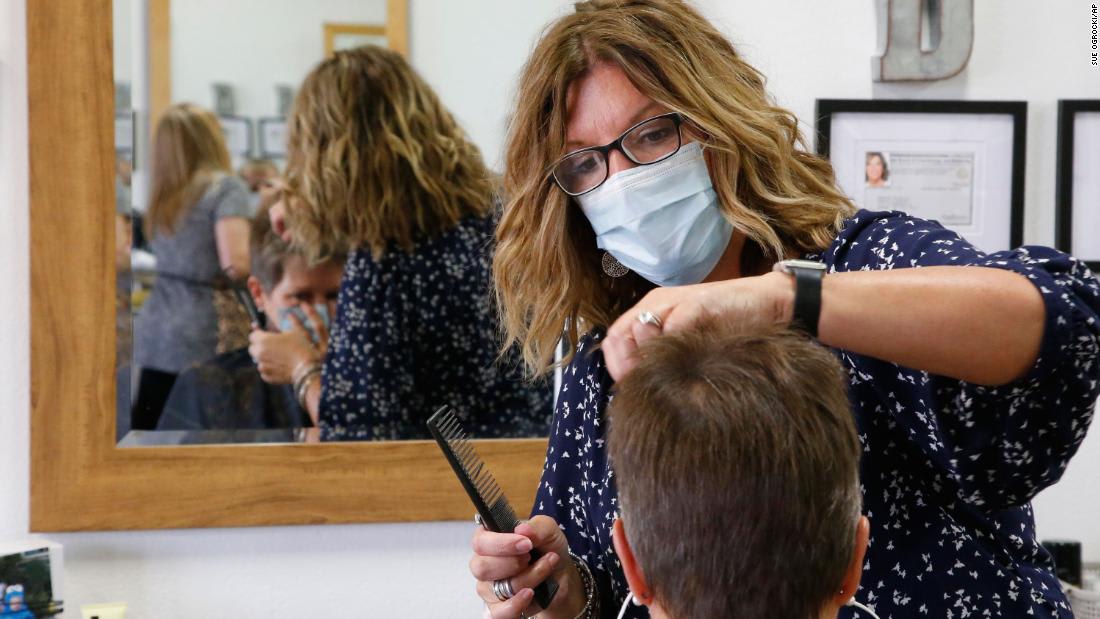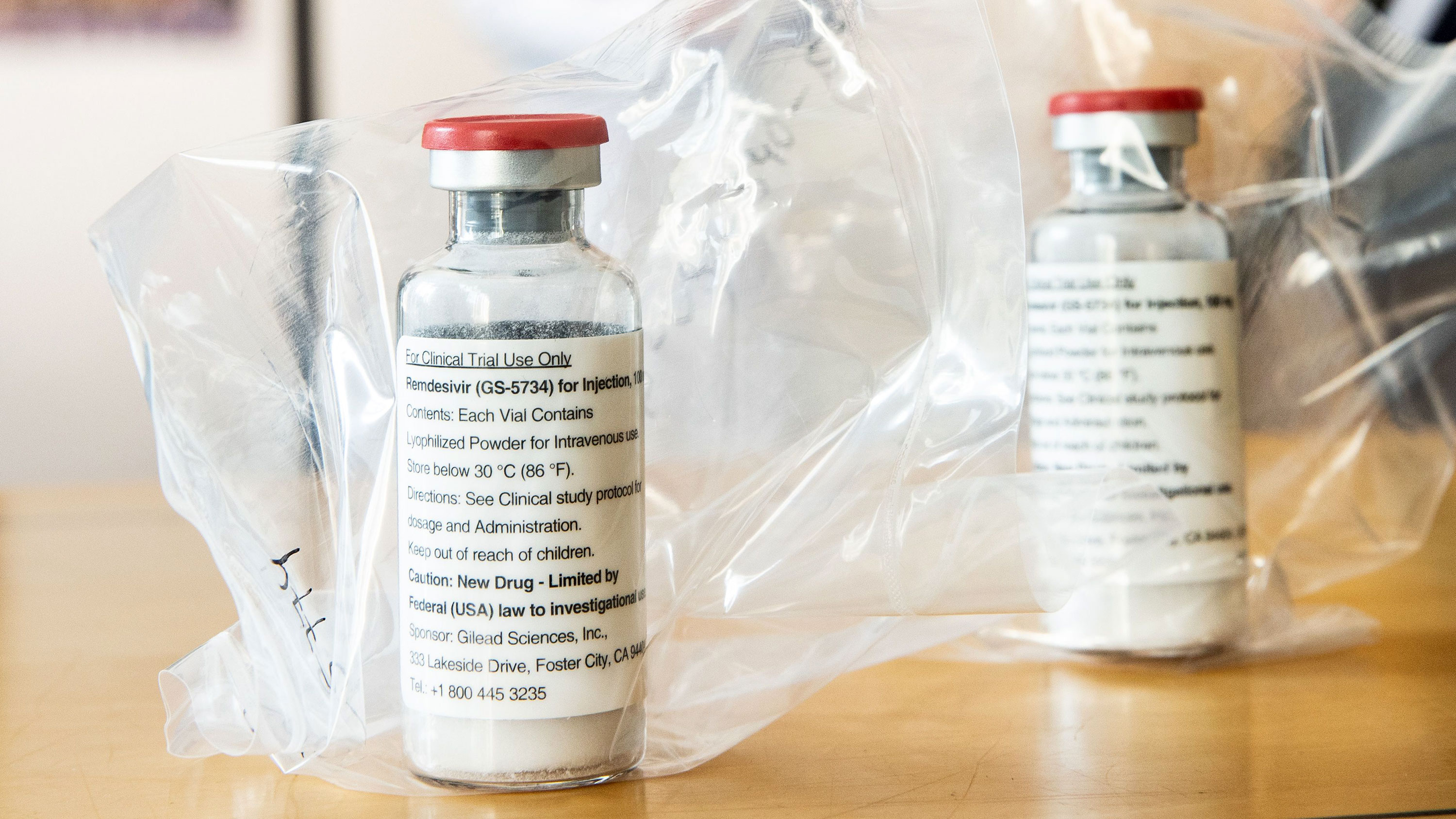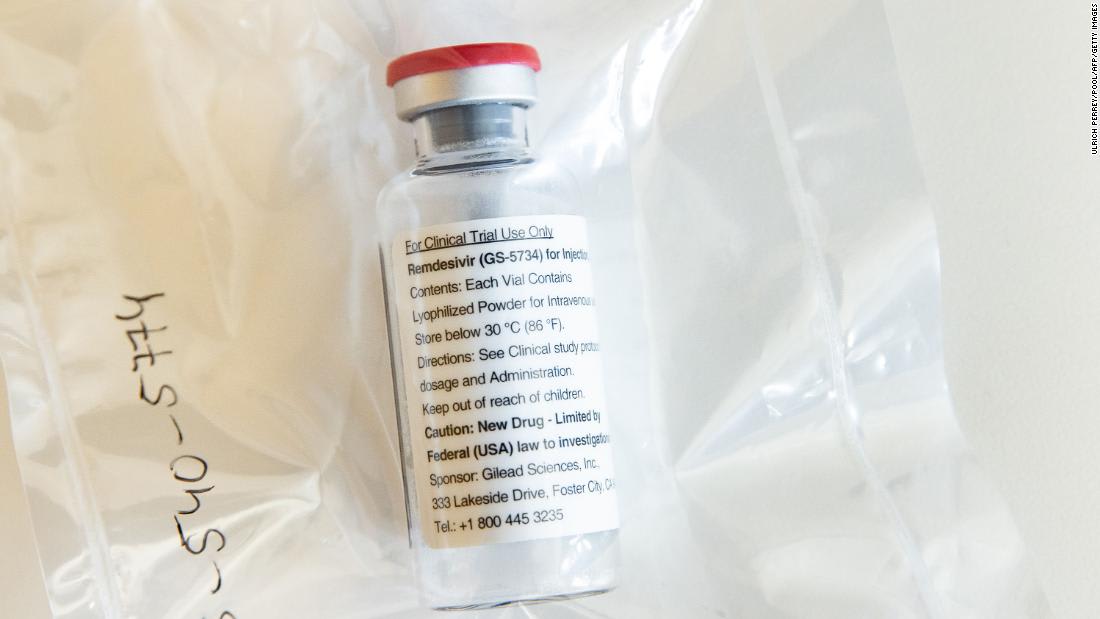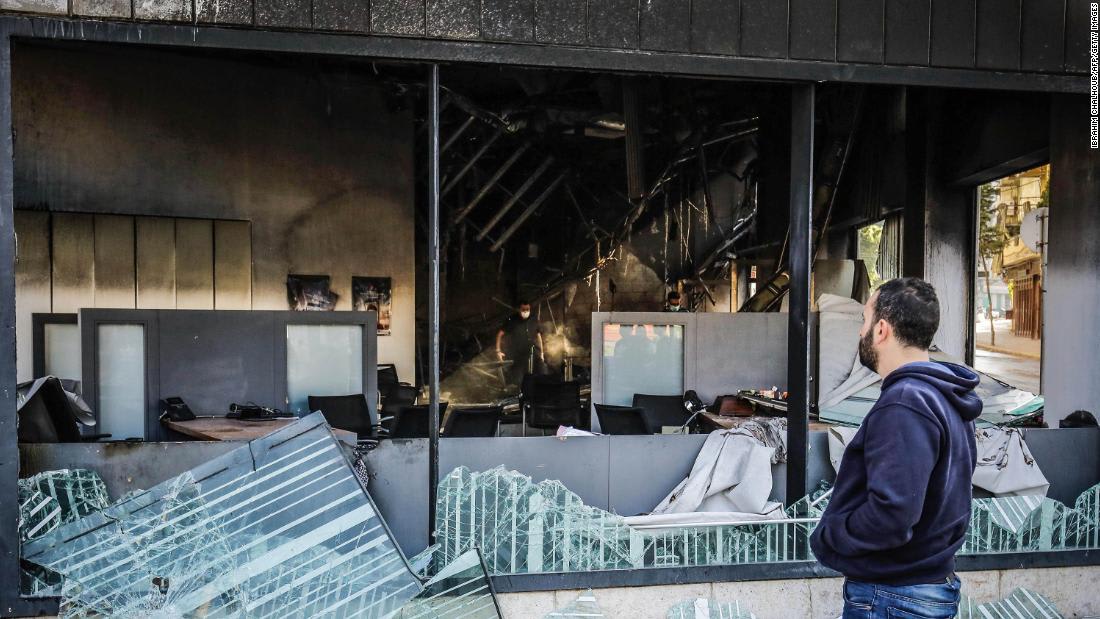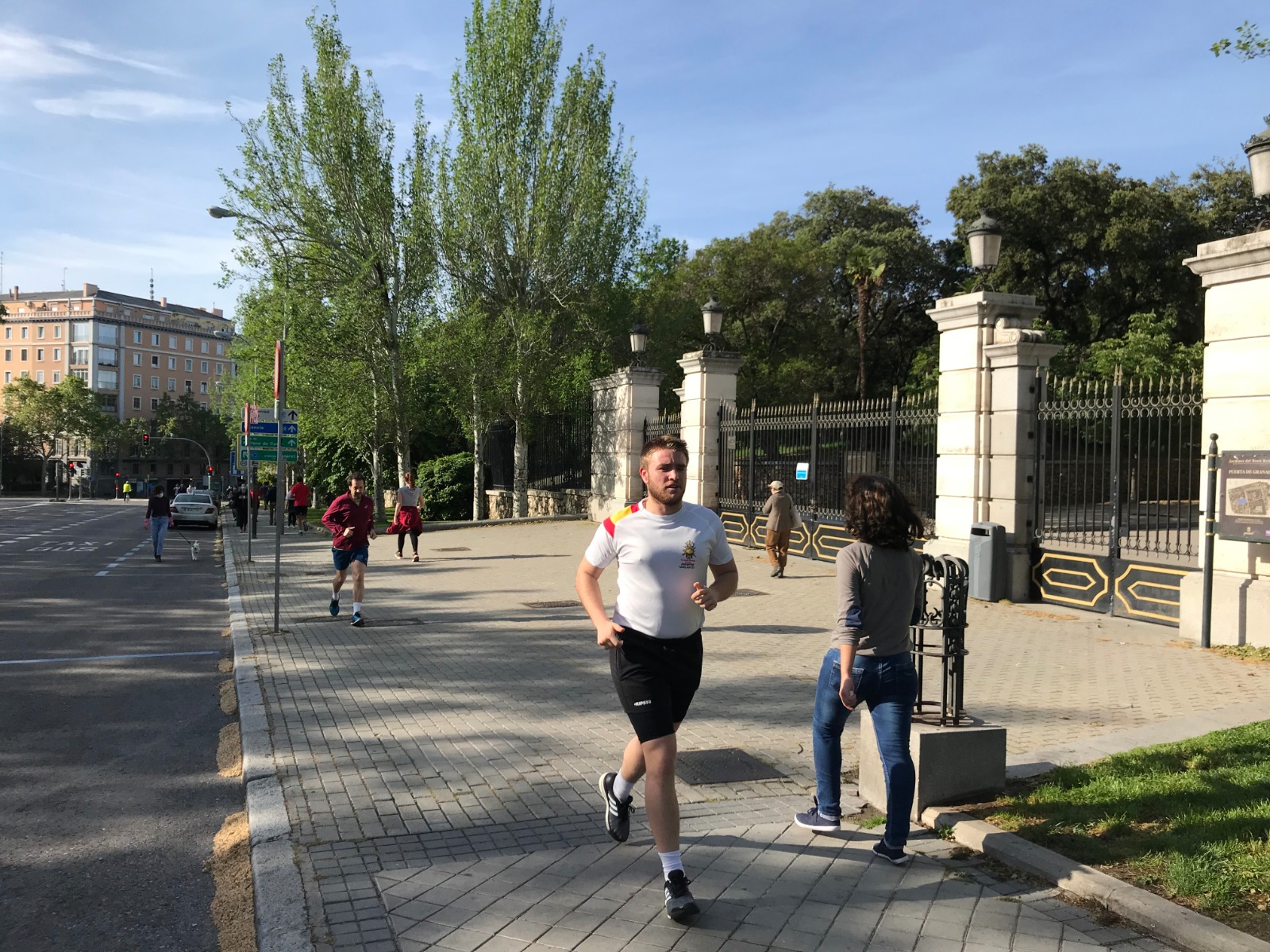
At 6 a.m. local time in Spain, many people took to the streets to run, cycle or take walks of up to one kilometer after seven weeks in confinement.
Parks remain closed in Madrid, so runners and cyclists outside the capital's Retiro park used the broad avenue as a racetrack, occupying lanes normally used for traffic. Some buses and cars had to honk to get them to move over.
The government has insisted people stick to 2-meter or 6-foot social distancing, especially runners and cyclists who are supposed to exercise alone, but CNN observed numerous people bunched together.
At 10:25 a.m. local time, a Madrid municipal van pulled alongside a cyclist and an officer leaned out of the window to shout:
You were supposed to be home a half hour ago. A half hour ago!"
But the police did not stop to issue a fine and drove off.
From today, people older than 14 can take one-hour walks, accompanied by one person, once a day close to their homes, or do sports like riding a bike alone, within their city. They are allowed to do this from 6 a.m. to 10 a.m. and from 8 p.m. to 11 p.m.
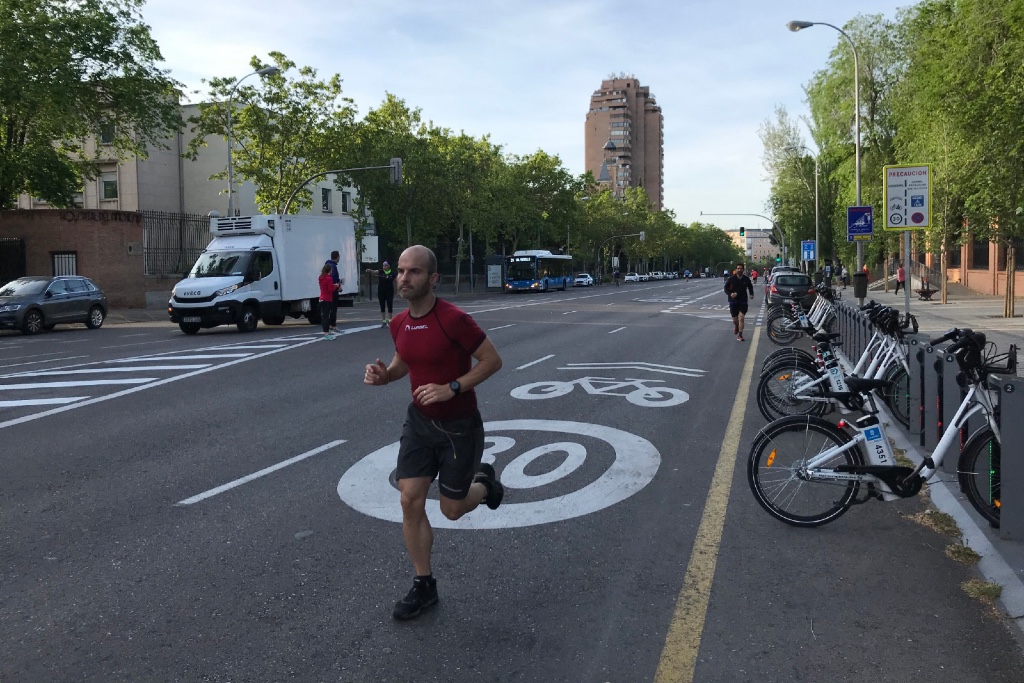
The elderly had their turn a little later, with a special timetable to avoid crowds: from 10 a.m. to 12 p.m. and from 7 p.m. to 8 p.m.
Spanish Prime Minister Pedro Sánchez sent a message via Twitter on Saturday morning asking Spaniards for caution:
"Today we take a new step in the relaxation of confinement but we need to do it with caution and responsibility. The virus is still there. We need to follow the guidelines for hygiene and social distancing," he wrote.
Spain's government moved to further ease the nation's strict confinement rules due to coronavirus earlier this week. Last weekend, children under 14 were allowed to take one-hour walks daily with their parents.
The government has asked its population to wear masks if they cannot observe strict social distancing.
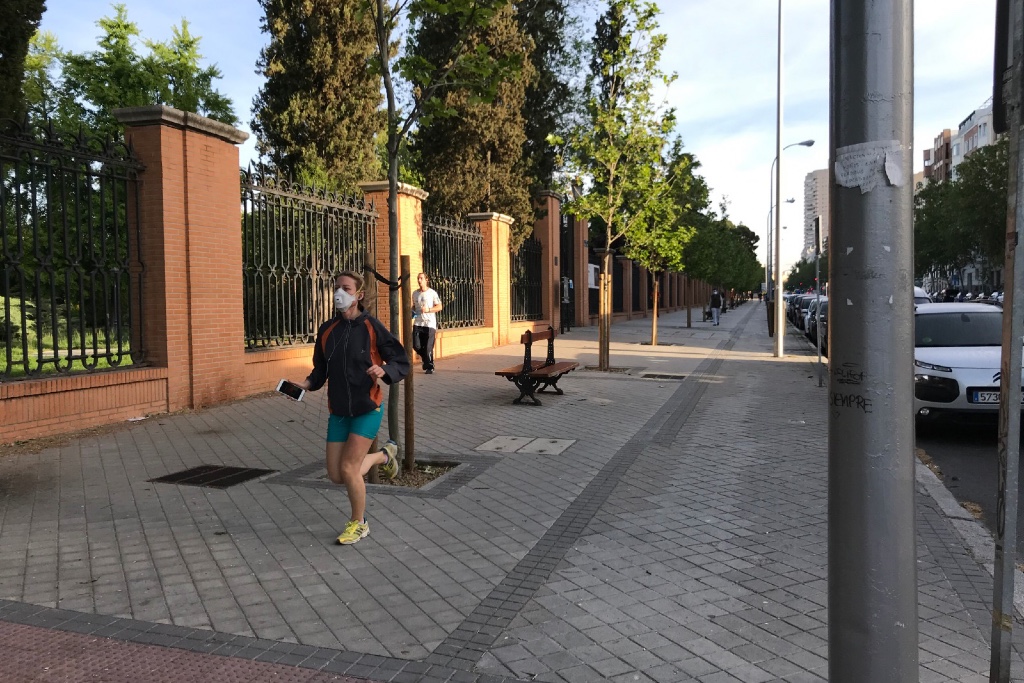
Spain's state of emergency, with the strictest confinement rules in Europe, will continue until May 9. The new "relaxation" measures give most Spaniards more time outside their homes daily than they've had since the lockdown started on March 14, after which only short trips were allowed for food shopping and to the pharmacy.
From Monday, May 4, Spain will start "Phase Zero" of its transition to "new normality" as announced by Prime Minister Sánchez last week. Some stores will be allowed to open for a limited number of clients, by appointment only, and some restaurants will be allowed to open with limited takeaway service.
Cases in Spain have now reached 216,582 with 1,147 new infections. There have been 25,100 deaths in the country with 276 more in the past day -- a slightly smaller increase than yesterday when there were 281 new deaths.
